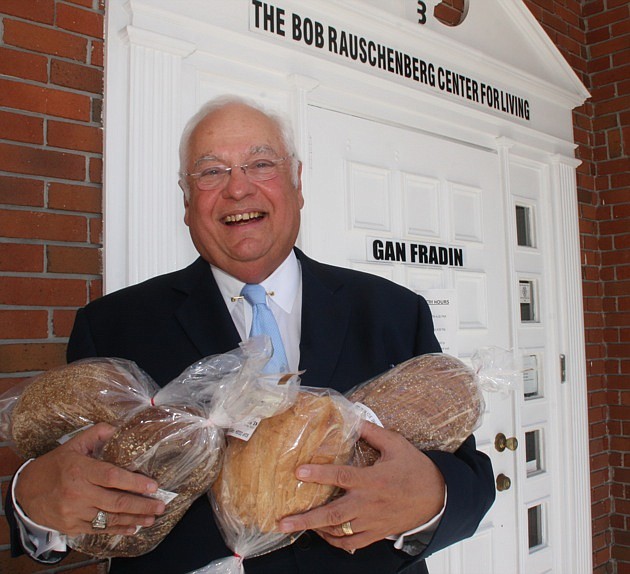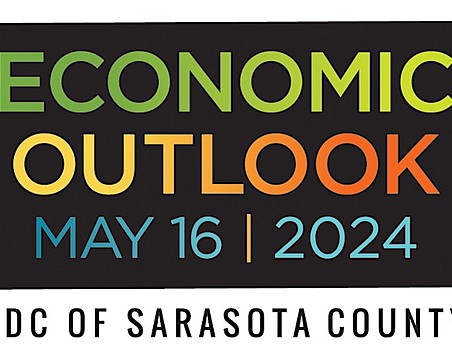Here's the challenge that Bob Schwartz faces in his fight against AIDS.
How does the Fort Myers physician make sure his indigent patients show up for their exams at least four times a year?
After all, they're poor, they have AIDS, and they have little incentive to be poked and prodded at the clinic Schwartz operates called The Bob Rauschenberg Center for Living, located in a seedy neighborhood of Fort Myers.
“How do you get people to do painful things?” Schwartz asks.
There's a business lesson here for entrepreneurs searching for ways to motivate their employees but want to be smart about compensation. As many business owners know, more money isn't necessarily the answer to increasing productivity and loyalty.
The key to controlling the spread of AIDS and to the prevention of more virulent strains is to make sure patients get tested regularly and take their medications. But motivating poor patients to do these things takes special skill. “I've tried screaming at them a lot,” Schwartz says, chuckling at how ineffective that proved to be.
Besides wagging his finger less frequently, Schwartz reached another conclusion: “You can't use money without diminishing their value. Cash is not acceptable; it doesn't give them a sense of worth.”
Instead, Schwartz gives his patients food. Patients and their families can visit the clinic anytime and pick up bread, potatoes, vegetables and other items in the clinic's food pantry in the waiting room. “It's not limited to when you come for an appointment,” says Schwartz.
Schwartz learned this lesson early in the AIDS epidemic when one of his patients was dying at the hospital. At the time, many nurses refused to treat AIDS patients for any sum of money, fearing they'd catch the disease. Schwartz, 67, son of a Wisconsin labor lawyer, would yell at the nurses in his booming voice and order them to care for his patient.
But the patient's partner had much more success persuading nurses to care for his dying mate because he always brought them food, from pizza to cookies. “He'd bribe them with food,” Schwartz says. “I had no support from anybody.”
So Schwartz copied the idea. He created a food pantry in the waiting room of the clinic that has turned out to be a great incentive. Last month, 251 patients took home some food, including 124 children. The clinic's patient roster varies between 200 and 500 people.
Schwartz cautions that fear is still a good motivator in certain circumstances. He advocates testing 16- and 17-year-old high school students for AIDS. The testing isn't designed to find out who has the disease but to scare teenagers out of having sex because there's evidence that delaying sex until after age 18 significantly reduces the chance of contracting AIDS.
“That's why you scare the crap out of them,” he says.
But once someone has AIDS and is destitute, getting them to show up at the clinic is tough because of their desperate situation. Besides food, which he says counteracts the effects of depression, Schwartz is working on designing other incentives to attract them to his clinic.
The physician is currently raising funds from generous donors to reward patients who show up at their appointments by giving them a chance to win a gift certificate to a local retailer. Besides winning a gift certificate, the bonus of making patients feel lucky is an even more powerful incentive.
For example, Schwartz might give patients who fulfill their pledge to visit his clinic at least four times a year a chance to spin a wheel to win a gift certificate in three different amounts. But Schwartz doesn't tell his patients that the game is rigged in their favor, and they're guaranteed to win one of the higher amounts. “You spin the wheel and you win,” Schwartz explains.
The psychological boost of winning, Schwartz explains, is similar to what fans of the Green Bay Packers felt when that team won the Super Bowl. Winning is a powerful motivator and mood enhancer: “I'm going to have a good year.”
The key is to set goals that are achievable and that patients will never lose if they show up for their appointments. “Soon, they'll think about it as an entitlement and we will have won,” Schwartz says with a grin.
What's more, rewarding patients with a gift certificate to a retailer such as Wal-Mart or Target gives them the power to decide how they want to spend it. “It tells them they have value,” Schwartz says. “I don't care if they buy beer and cigarettes.”
By contrast, giving them a similarly nominal amount in cash, say under $100, doesn't carry the same value because it suggests that's what they're worth.
This is why Schwartz won't reward patients with gasoline cards. First, many of his patients use public transit. And gift cards for a specific item such as gasoline sends a message to patients that they can't be trusted to spend wisely. “I don't want to give them things, I want to give them choice,” he explains.
Schwartz takes a decidedly entrepreneurial approach to the problem. “If it doesn't work, I'll try something else,” he smiles.






